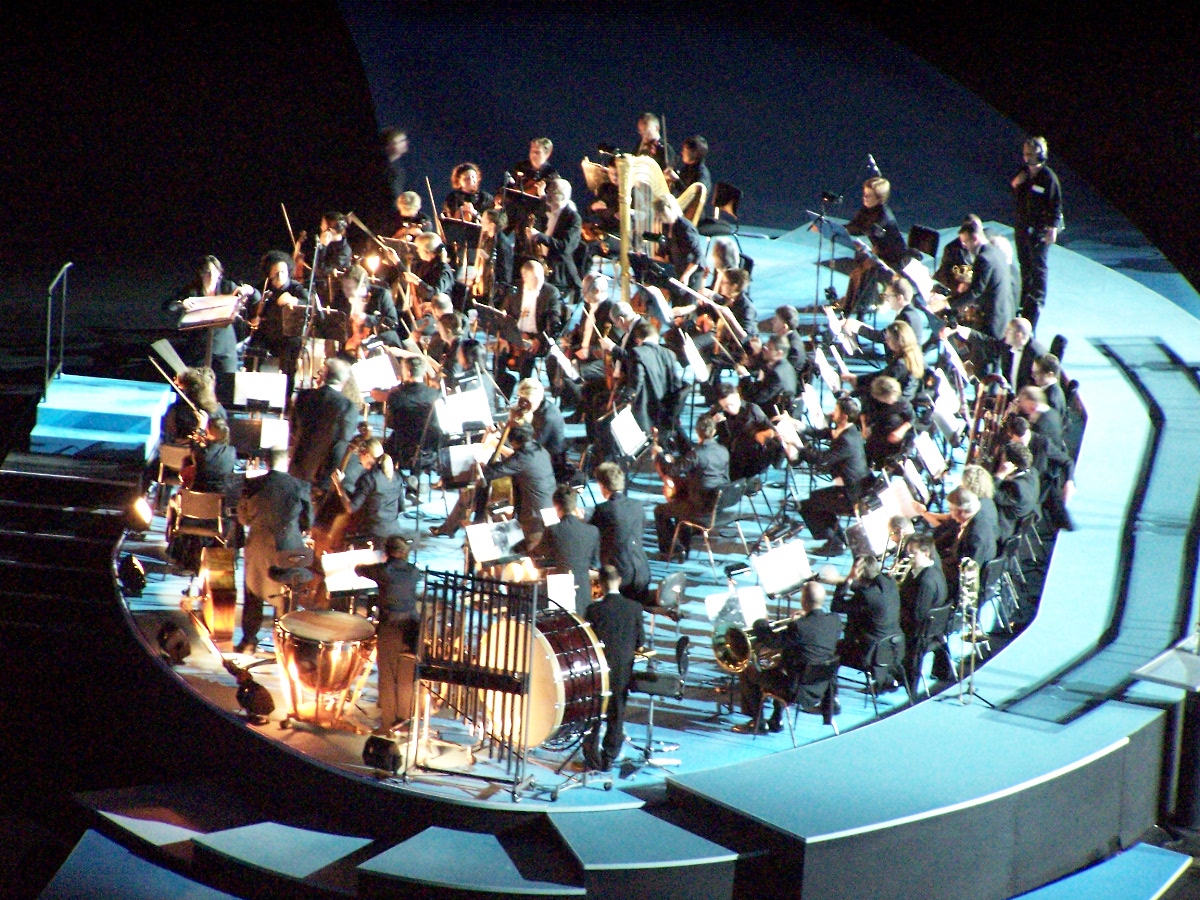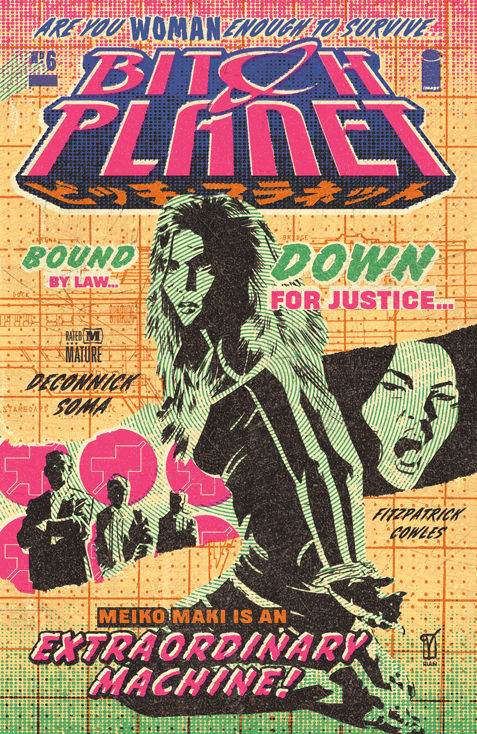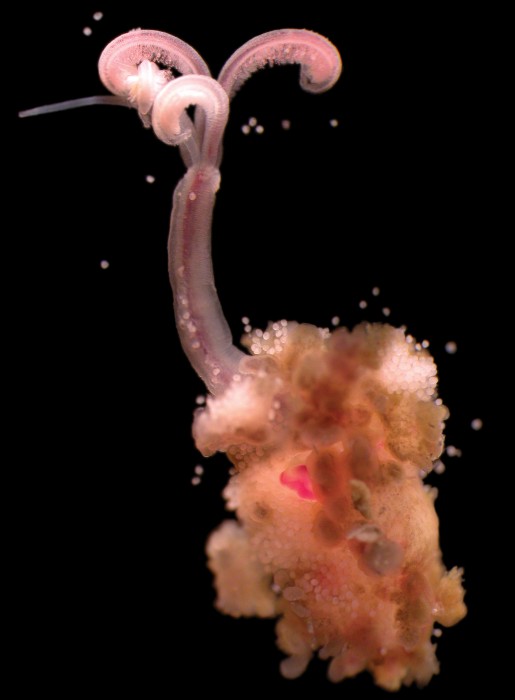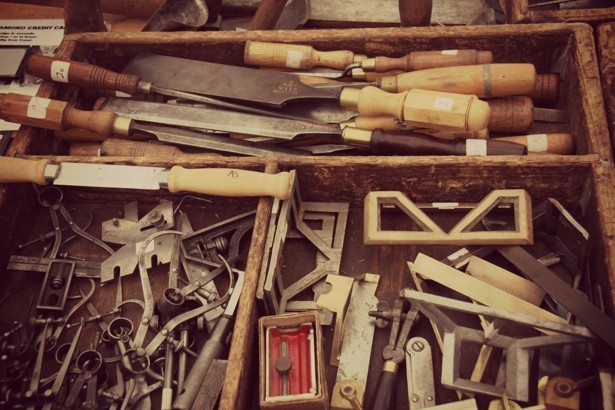To reduce gender biases, acknowledge them
August 22, 2017

I was asked by the journal Nature to write an editorial on how gender bias shapes the way we see the world, often unknowingly, and what we can do about it.
#gender #science #writingBut there is a third argument that I make for people with scientific and technical backgrounds: if you value rationality and objectivity, you need to engage with gender bias. That’s because bias is part of us: we live in a world steeped in conventional gender roles. To borrow a metaphor from computing, biases have root privileges in our brains.
The systems that underpin the modern world
May 18, 2017
I was invited by The Atlantic to contribute a piece to their series, "Can Technology Rescue Democracy?" I decided to write about infrastructure and our large-scale systems, like the Food and Drug Administration, the Federal Aviation Authority, GPS, and more.
When we think about caring for our neighbors, we think about local churches, and charities—systems embedded in our communities. But I see these technological systems as one of the main ways that we take care of each other at scale. It’s how Americans care for all three hundred million of our neighbors, rich or poor, spread over four million square miles, embedded in global supply chains.
Gratitude for Invisible Systems
#technology #culture #writing #infrastructure #systemsI wrote an editorial for *Bitch Planet*!
January 6, 2016

One of my favorite comic book series is Kelly Sue DeConnick and Valentine DeLandro's Bitch Planet, about a future where 'non-compliant' women are sent to the eponymous prison planet. The back of the comic is a community pace that includes editorials, artist profiles, letters, and more. I was so honored to be able to write an editorial for it, "Countering the Self-Fulfilling Prophecies of Gender Schemas," in which I talked about Virginia Valian's work on how we have mental models of men and women, and how even small gender biases can have a significant cumulative effect:
And the effects of these tiny, unconscious assumptions are cumulative. Because being professionally competent is not part of the gender schema for women, they're less likely to be listened to, to be given responsibility, and to have their successes recognized as a result of their own ability. Men (who are presumed to be professionally competent) are more likely to be given responsibility, which means more chances to prove themselves, which means they are more likely to be promoted--and the cycle continues.
Read the whole editorial here. [PDF]
More about Bitch Planet.
#gender #bitchplanet #writingLessons from engineering for law education
April 2, 2015
At Olin College, we've spent a lot of time thinking about how to reshape engineering education in the face of both technological and cultural changes. In the summer of 2014, I was invited down to Elon University School of Law to be on a panel about experiential education, to talk about how we might apply what we've learned about teaching engineering to reconsidering how we might teach law. I also wrote a companion article for the Elon Law Review, "Preparing for the Future of Law: Lessons from a New Engineering School". Here's the abstract:
Like a number of other professions, the field of law is undergoing a significant upheaval due to a confluence of social and technical factors; in particular, there has been an imminent rise of technologies to supplant (or augment) many of the activities of practicing lawyers. In response to these changes, law schools have the opportunity to redesign their curricula and pedagogical approaches to be more responsive to the needs of their students, helping them to develop the skills and abilities that will serve them well in this new world. This article outlines some ways of thinking about and creating these new educational experiences, informed by the author’s experiences as one of the early faculty at the Olin College of Engineering, an undergraduate institution that was created to address similar challenges in the profession of engineering.
You can read the whole article here. [PDF]
#engineering #education #speaking #writing #law #futureZombie bone-eating harem-keeping worms
February 1, 2015

When whales die, they fall to the bottom of sea, nourishing a wide variety of life: they’re the dark inverse of coral reefs. One of these species, Osedax, is a favorite of mine—it’s a treelike worm that settles on whale skeletons, and dissolves the bone to get at proteins and fats for nourishment. I wrote about them, how hagfish dissuade sharks, and the mystery of the missing males for the brilliant folk at Primer Stories, who created this gorgeous illustrated essay.
Zombie bone-eating harem-keeping worms
#creatures #writing #scienceOn 'making' and caregiving
January 23, 2015

I wrote about how we overvalue making and undervalue caregiving for my newsletter, and The Atlantic asked permission to publish a version at their site. I'm really delighted at how strongly this piece has resonated with people all over the world.
#culture #technology #writingTags